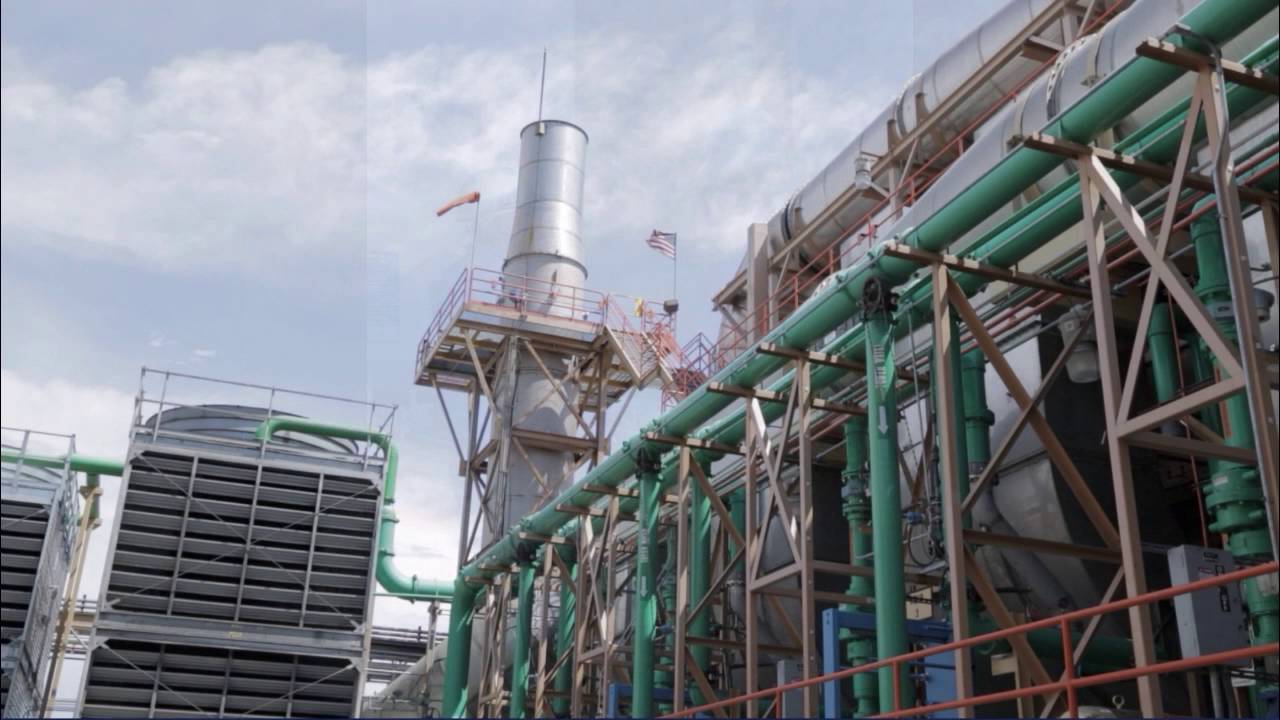[dropcap size=big]T[/dropcap]he county supervisors this week issued a forceful rebuke of a large battery-recycling facility that neighbors say sends toxic chemicals into the soil and air in the San Gabriel Valley.
On Tuesday, the Los Angeles County Board of Supervisors backed a plan by supervisors Janice Hahn and Hilda Solis that slams Quemetco for lax operations that may have resulted in poisoning some residents of the surrounding communities. The motion also asked the state to deny a permit allowing Quemetco to increase its operations until the company cleans up its act, and to conduct additional tests for toxins.
Quemetco, a facility recycling lead-acid batteries in the City of Industry, has been well known for years by residents of surrounding communities for emitting toxic chemicals, including lead, arsenic and benzene.
Many residents vented their frustrations during a neighborhood meeting last year in September at the Hacienda Heights Community Center. Many of the 150 people attending that meeting said they believe the company was polluting the places where they live,and where their children go to school and play, according to a report by San Gabriel Valley Tribune.
“Is that it? That’s your entire presentation?” Dianne Ortega, who lived near the plant, reportedly yelled during that meeting. “It’s like you gave your spiel and walked off,” according to the report.
The company had requested permits to expand production from two state regulatory departments, the California Department of Toxic Substances Control and the South Coast Air Quality Management District. If the state gives the company permission, they could increase operations to 24 hours a day, an expansion of 25 percent. The facility currently operates 20 hours a day. The motion passed by the County Board of Supervisors on Tuesday attempts to pressure the state to deny the company’s request for permits.
'There are serious environmental justice concerns raised by Quemetco's operation.'
Instead, the county wants more testing for lead and other toxins and inside homes in nearby areas, including ones in Avocado Heights, Hacienda Heights, La Puente and Bassett. The county wants to test soil at a minimum of 1.6 miles in every direction around the facility.
“The community near Quemetco has been identified by CalEPA as a ‘Disadvantaged Community’ pursuant to SB 535. The population burdened the most by Quemetco are predominantly low-income, communities of color. Consequently, there are serious environmental justice concerns raised by Quemetco's operation, and proposed expansion,” the motion states.
The board also requested more testing “to determine the full extent of the lead contamination caused by Quemetco be completed as soon as possible and the results shared with the public.”
Quemetco employs 250 workers recycling 10 million batteries annually – some 600 tons a day and 120,000 tons – producing lead for use in new products, according to its website. The plant operates on 13 acres of land at 720 South Seventh Ave near the Pomona (State Route 60) Freeway, in Industry.
Tuesday's motion states that Quemetco received four Notices Of Violations (NOVs) since July 2017 from the South Coast Air Quality Management District, for exceeding permitted arsenic levels. On November 16, 2018, DTSC also issued a Corrective Action Order to Quemetco related to the release of hazardous waste from its facility, including two NOVs for exceeding the level of permitted arsenic emissions.
Some of hundreds of residences within a quarter-mile of Quemetco have been tested in the past three years. In December, the state’s department of toxics control called those tests inadequate, saying they do not indicate Quemetco operations did not affect the surrounding communities. That’s why more testing is needed, the county says.
The DTSC also sued the company last year in November, alleging 29 violations of state law, including failures to stop hazardous waste from migrating into neighborhoods and an underground aquifer, according to the county motion.
While the state and the county argue with Quemetco about testing and the extent of the pollution, the company can continue its current operations, at least until the state makes a decision on its permits and expansion requests. The company submitted those requests back in 2015.
RELATED: ‘No Radiation’ at Nuclear Testing Site Where Fire Started, Two Health Agencies Say






